Could it be Anaemia?

Anaemia is a condition in which the body suffers from an absence of red blood cells, leading to symptoms like weakness and fatigue, looking pale and drawn, and being constantly cold. The coldness is partly because your blood is deoxygenated, and so your ability to regulate your temperature is diminished. Plus, red blood cells are responsible for literally carrying heat around your body.
Is it a B12 deficiency?

Vitamin B12 is crucial for your body to function properly but many people, especially those who have a diet that is low in eggs and red meat, may struggle to get enough of it. Since B12 helps stimulate the production of red blood cells, a lack of B12 can leave a person feeling constantly chilly, as there is no way for the body to move heat around.
Are you experiencing menopause?
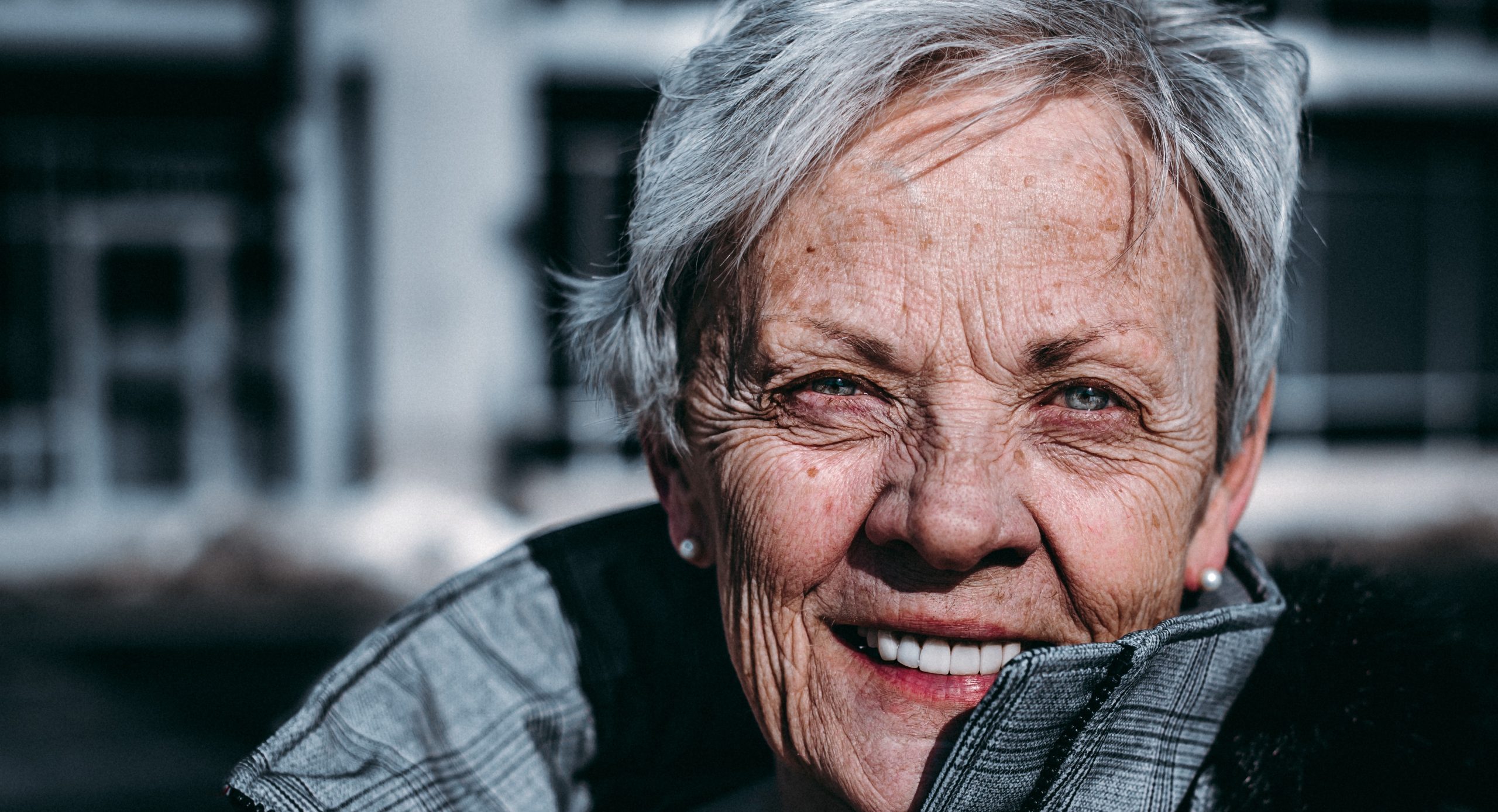
Everyone knows that hot flushes are a common side-effect of menopause, but a lesser-known side effect is cold flushes. This is where the body’s temperature plummets after a hot flush, leading to a sudden chill. This is exacerbated by the fact that with menopause comes lower oestrogen levels, which can lead to worse circulation and colder extremities.
It might be Diabetes
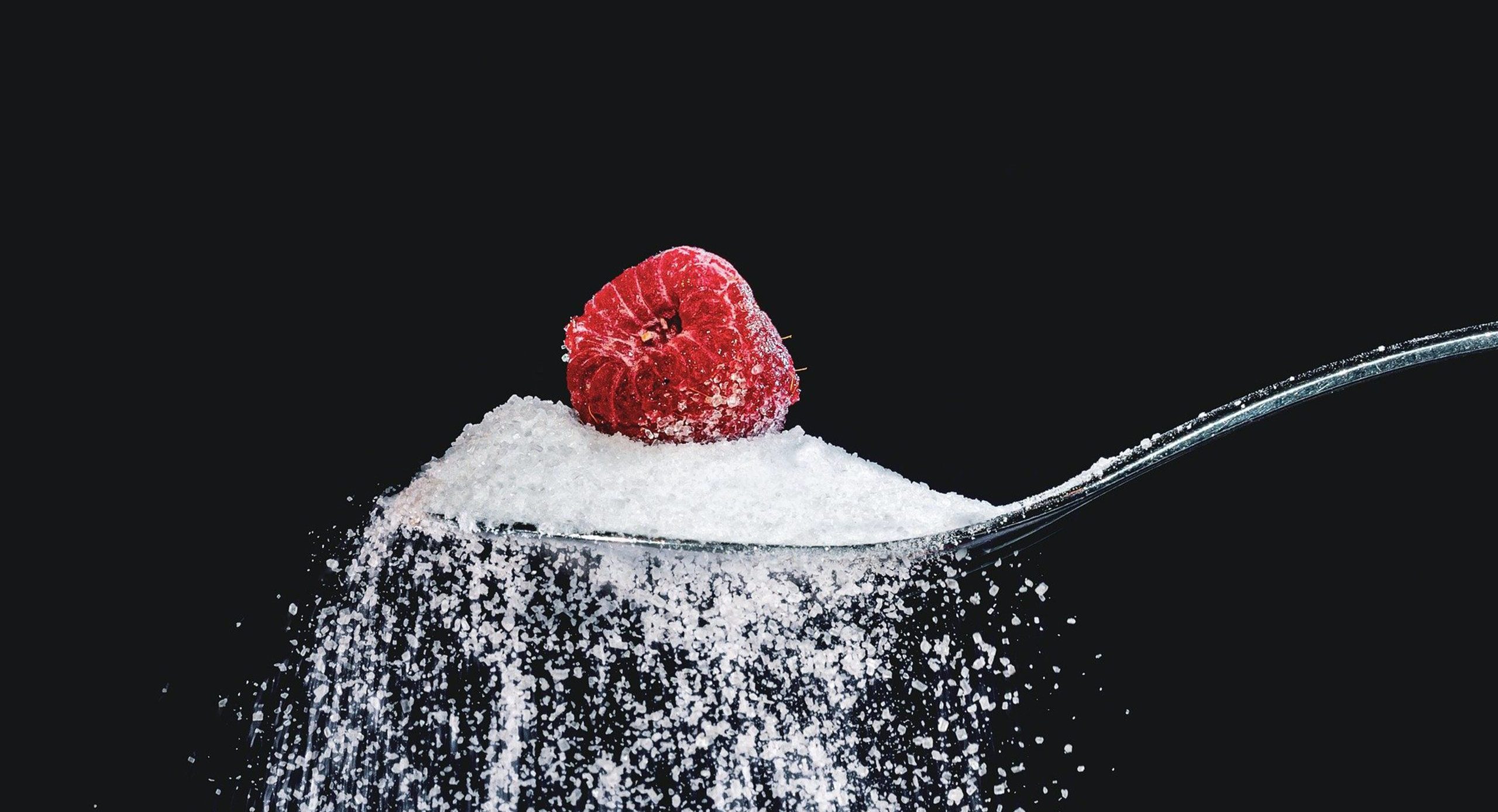
Diabetes is a complex condition that can have multiple different effects on the body. One of the most disruptive is diabetic peripheral neuropathy, aka damage to the peripheral nerves caused by diabetes, which can leave a person unable to feel the temperature in their hands, feet and other extremities. This can leave someone feeling frigid cold all the time, regardless of the weather.
You could have poor circulation

Poor circulation is one of the most common causes of feeling constantly arctic, and it can worsen with age. As a person gets older, their arteries can become narrower as a result of continued fatty deposits and, as such, blood and oxygen can’t pass through them. This leads to pale fingers and toes that never warm up, and which might even have a bluish tint.
Have you heard of Raynaud’s Syndrome?
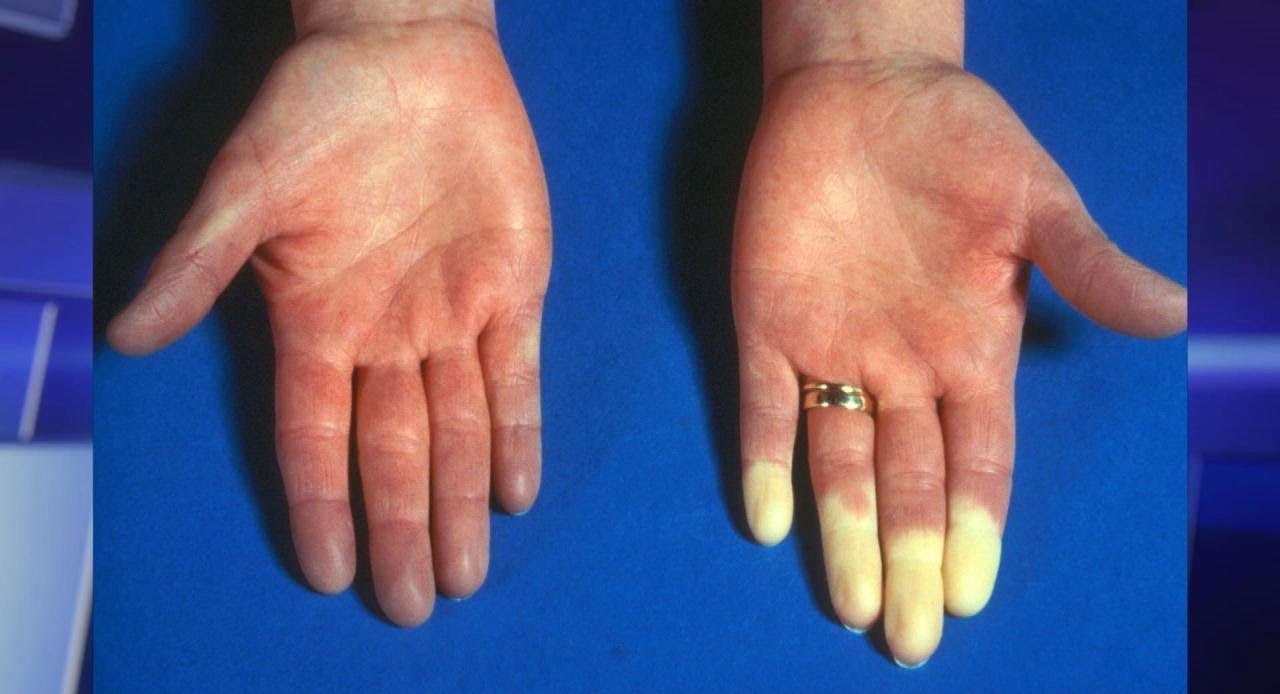
Raynaud’s Syndrome is an instantly recognizable disorder, typified by fingers turning white and blue in the immediate aftermath of cold temperatures. Scientists believe that cold weather triggers artery spasms in people with Reynaud’s, which then causes the color change as blood flow returns to the extremities. Unfortunately, people with this syndrome have consistently cold and painful hands and feet.
Insomnia affects millions…

Good sleep hygiene is crucial to all areas of health, but one thing you might not realize is that it affects your body temperature. Feeling constantly cold is a recognized symptom of insomnia, as failing to sleep enough can drop your metabolic rate and thus your body temperature. When your body goes into emergency maintenance mode, you’ll likely feel tired, chilly and sluggish.
Dieting can do it too

It’s completely possible to diet safely, but doing so in the wrong way can wreak all sorts of havoc on your body. One particularly unpleasant side effect of reducing your calories too dramatically is feeling constantly cold, as your metabolism sharply slows down due to the reduced amount of fuel it’s receiving. Lowering your body fat percentage can also just make your body worse at retaining heat.
Hypothyroidism can make you cold

Hypothyroidism is another disorder that can have a myriad of negative effects on the body. Chief among them is feeling constantly cold during the day, due to an issue with thyroxine production. When the thyroid gland produces an incorrect amount of the hormone thyroxine, your temperature regulation goes haywire, and your body temperature is erroneously dropped throughout the day, leading to chills.
Dehydration is very common
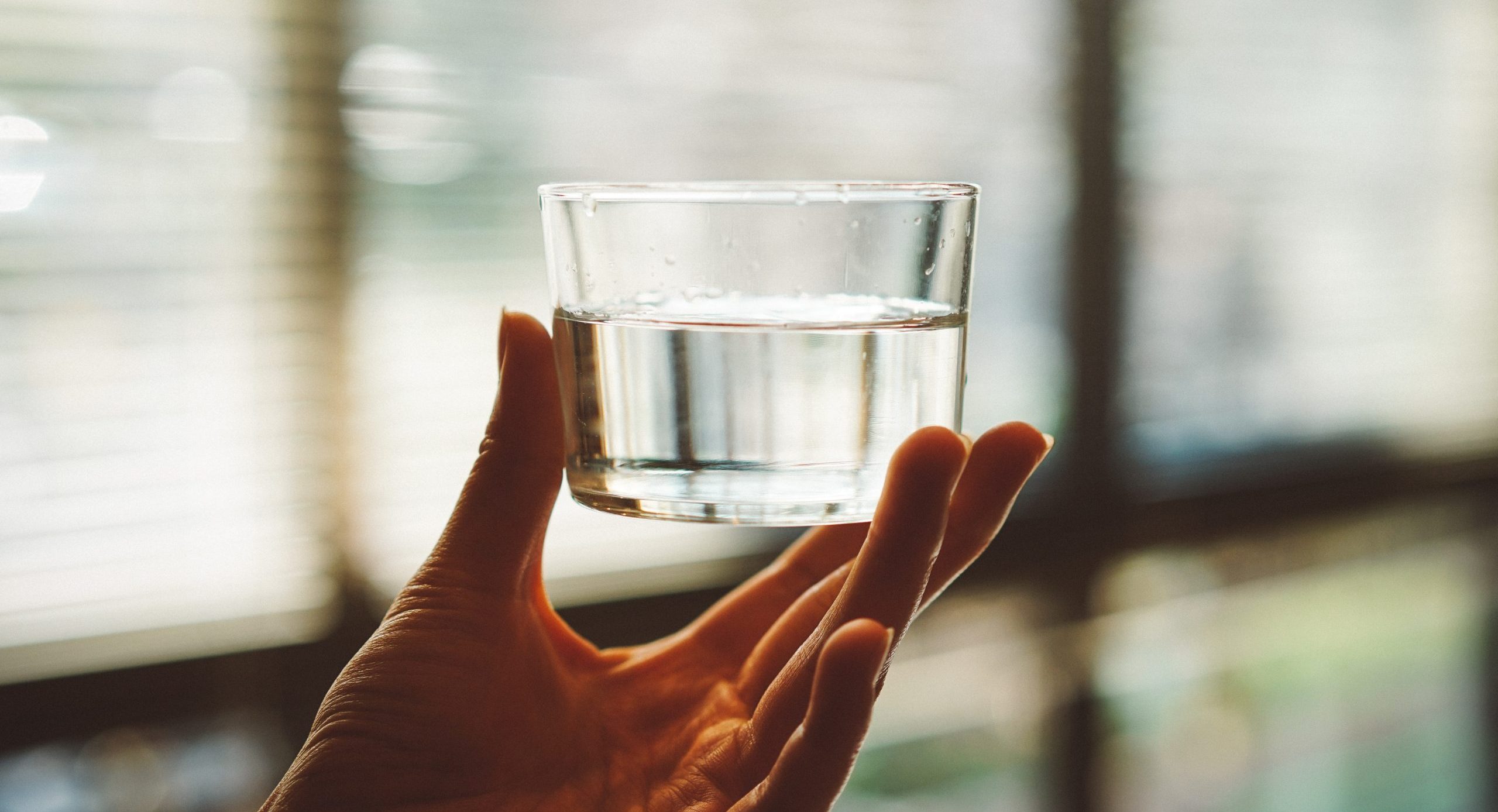
It’s a well-known fact that being consistently dehydrated is bad for your health, but it can lead to more than just headaches and poor decision-making. Even low levels of dehydration can lead to peripheral vasoconstriction, or narrowed veins, which impede your blood’s ability to carry heat and oxygen around the body. The result? A chill you just can’t shake without upping your water intake.
Getting older

As you age, especially in your more senior years, you lose fat cells. This could mean that you feel the cold more, even though it’s not a cold day, or the sun is shining. That loss of body fat might make you feel thinner, but it can also make you feel colder. Darn it.
Malnourishment

It might sound harsh, but if your diet is inadequate you may find yourself losing weight in the form of fat cells. We all need a certain amount of fat to provide insulation – too little can leave us feeling chilly, and ongoing malnutrition can result in a lower core temperature.
Naturally low body weight

Humans come in all different shapes and sizes, and for some of us, however healthily we eat, our natural disposition is to be slender with a low BMI. This lower body weight is in part due to having less subcutaneous fat (the layer of fat cells beneath the skin). For some of us, this is just the way we’re made – time to put on another layer.
Immunosuppressants
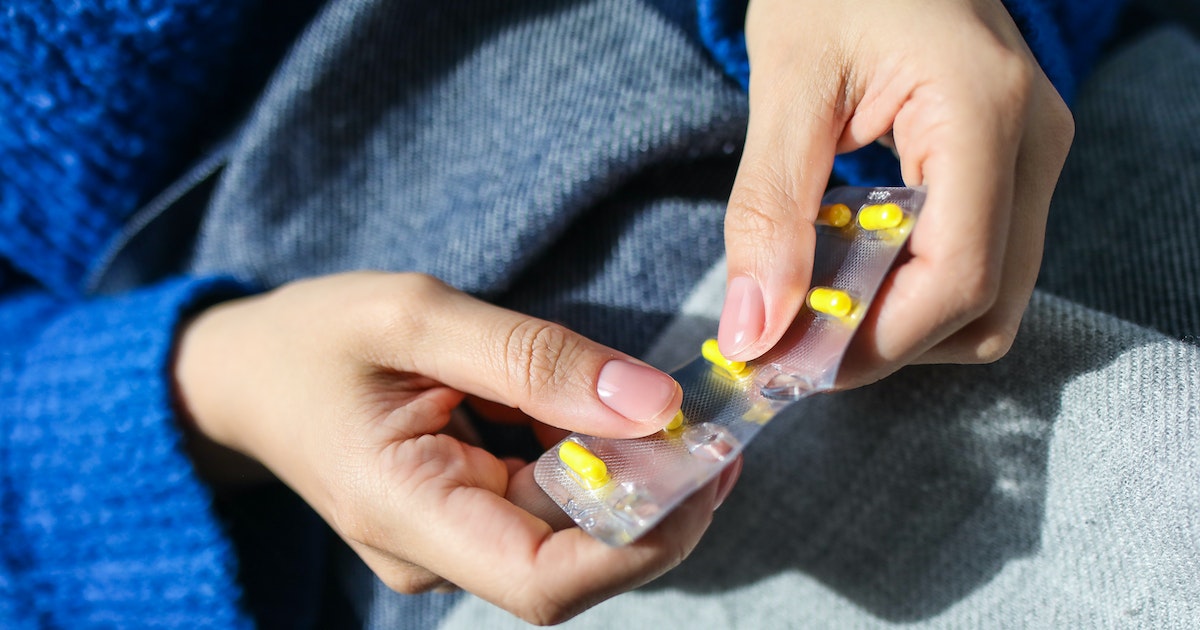
If you suffer from an autoimmune disease (and that sucks, if you do), then you’re almost certainly taking immunosuppressants, which makes you more sensitive to feeling cold. Devil and the deep blue sea, as they say – most medications have some side effects, and feeling chilly might be one of more tolerable, treatable ones.
Peripheral artery disease
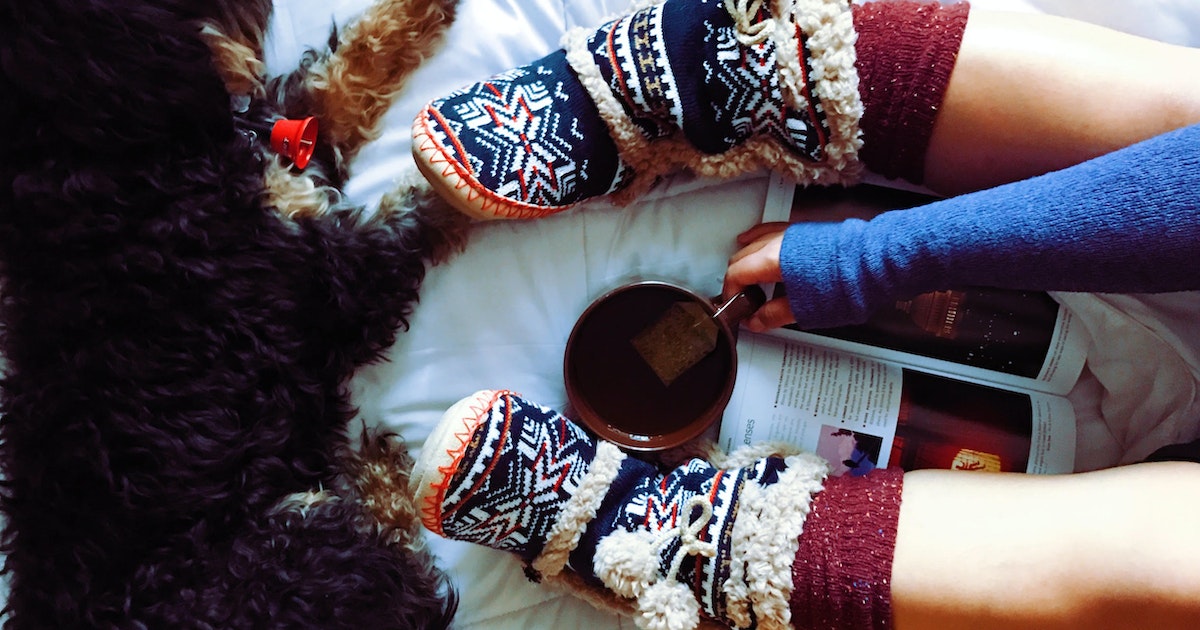
Just like in and around your heart, a build-up of fat in your blood vessels servicing your arms, legs and body is not a good thing, to put it mildly. This makes the veins and arteries narrower, which can in turn make you feel cold. It’s most noticeable in your feet, but can affect other parts.
Periods and the monthly cycle

Hormones and hormonal fluctuations in your body can cause variations in core body temperature, which is exactly what can make some feel cold more often when they are at certain points in their monthly cycle. Ovulation triggers a rise in progesterone, which raises the core body temperature and therefore sensitivity to cold. In the same manner, estrogen levels are at their peak after ovulation, which can also invoke a sensation of feeling cold.
Kidney disease
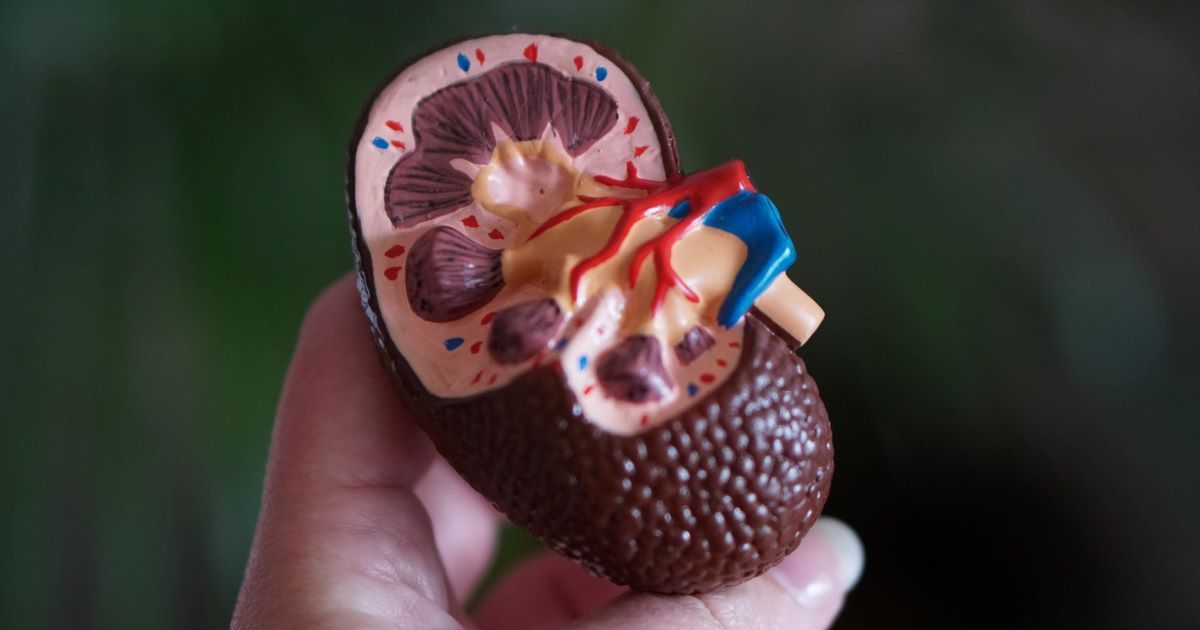
Kidney disease is often caused by other conditions that can leave you cold, such as diabetes and high blood pressure. Developing kidney disease is obviously not desirable, given that this can lead to a build-up of waste due to your kidneys not being able to clean your blood. This waste build-up can lower your core body temperature, hence feeling constantly cold.
Not wearing enough layers

It might sound like something your mother would nag you about (and probably has), but there’s a reason for it – putting on a sweater is a simple way to keep warm. There are other options too – fingerless gloves indoors perhaps, or a scarf. If you feel cold in the height of summer, a decorative scarf can help without seeming odd.
Not eating the right kinds of food

Granted, we all know that a healthy, balanced diet gives our bodies the best chance to be healthy. However, you can make smart choices to keep warm beyond hitting your five a day. Warming casseroles and soups are a simple but effective choice to add heat to your body, along with hot drinks.
You just run cold

It’s not just an old wives’ tale – some of us genuinely do seem to feel the cold more than others, despite being in good health. It’s often due to lower body mass relative to the surface area of the body. It is more likely to be felt in women and older people, as they tend to have less heat-generating muscle mass than men and younger people. Thermal vest, anyone?
Smoking
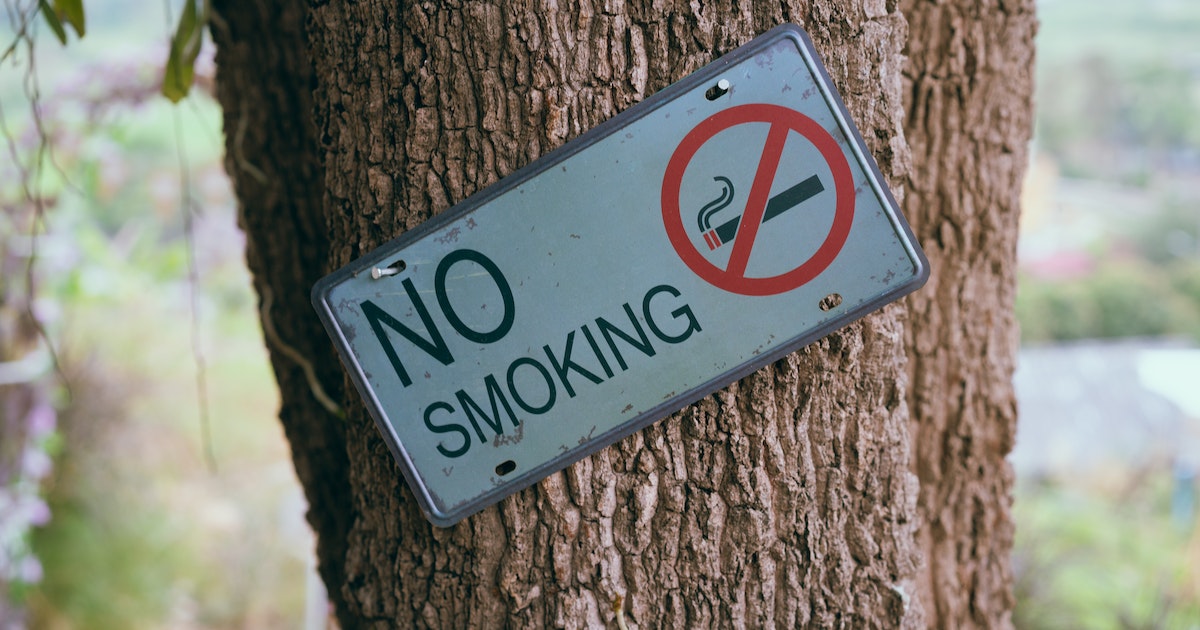
If you’re a smoker – or you ever have been – you’ll probably know how many diseases and health conditions are linked to smoking. It might not be enough to make you stop, but smoking affects your body in myriad unpleasant ways. Feeling cold all the time if you smoke is likely because smoking is linked to blood vessel disorders, making it harder for your blood to reach all the parts of your body, and keep you warm.
Not exercising regularly

It’s known that on-the-spot movement – say, doing 50 jumping jacks – can warm you up. That might work on the odd occasion, but spontaneous bursts of exercise aren’t practical and you’ll go back to feeling cold again afterwards. Instead, try to factor some regular exercise into your routine – it could improve your circulation, which can help offset that constant coldness.
Choosing the wrong fabrics
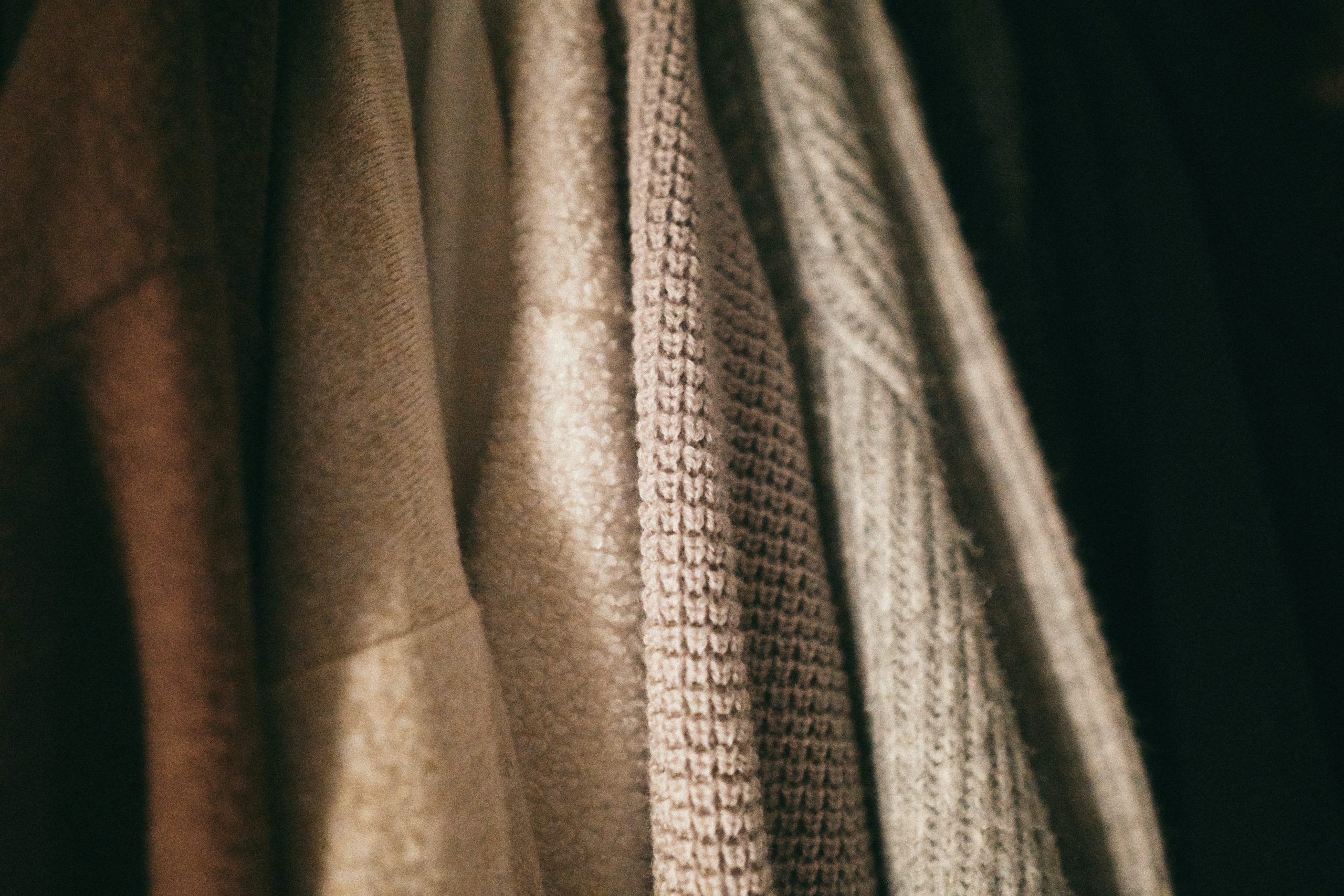
Despite the cry of parents everywhere that teens put on a hoodie rather than upping the thermostat, it could be more complex than just a second pair of socks. Some fabrics such as polyester are known for wicking away moisture – great for your workout – whereas others are ideal for warmth. If you’re looking to retain your body heat with a nice jumper, look for wool or cashmere – natural fabrics are perfect.
Damage to peripheral nerves
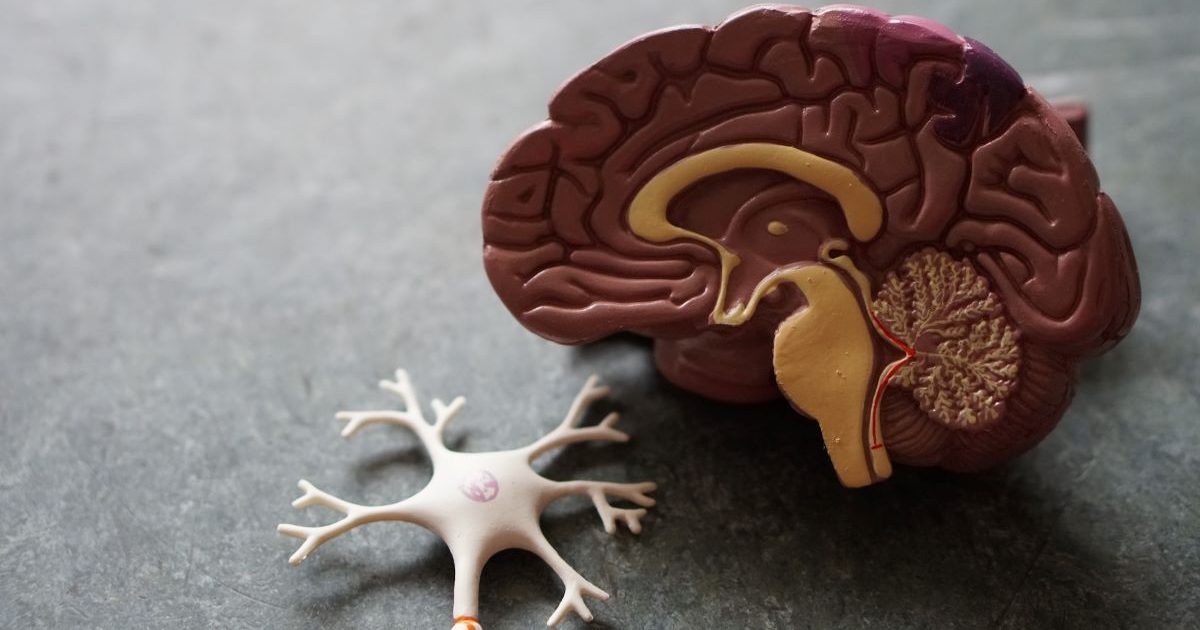
Feeling oversensitive – literally? If you feel cold all the time and things like holding a chilled can of soda are uncomfortable, it could be down to nerve damage. It happens when the coating on nerves – the myelin sheath – is damaged or lost. That sounds extreme, but it’s one possible cause of interminable chills.
Heating the room, not the person
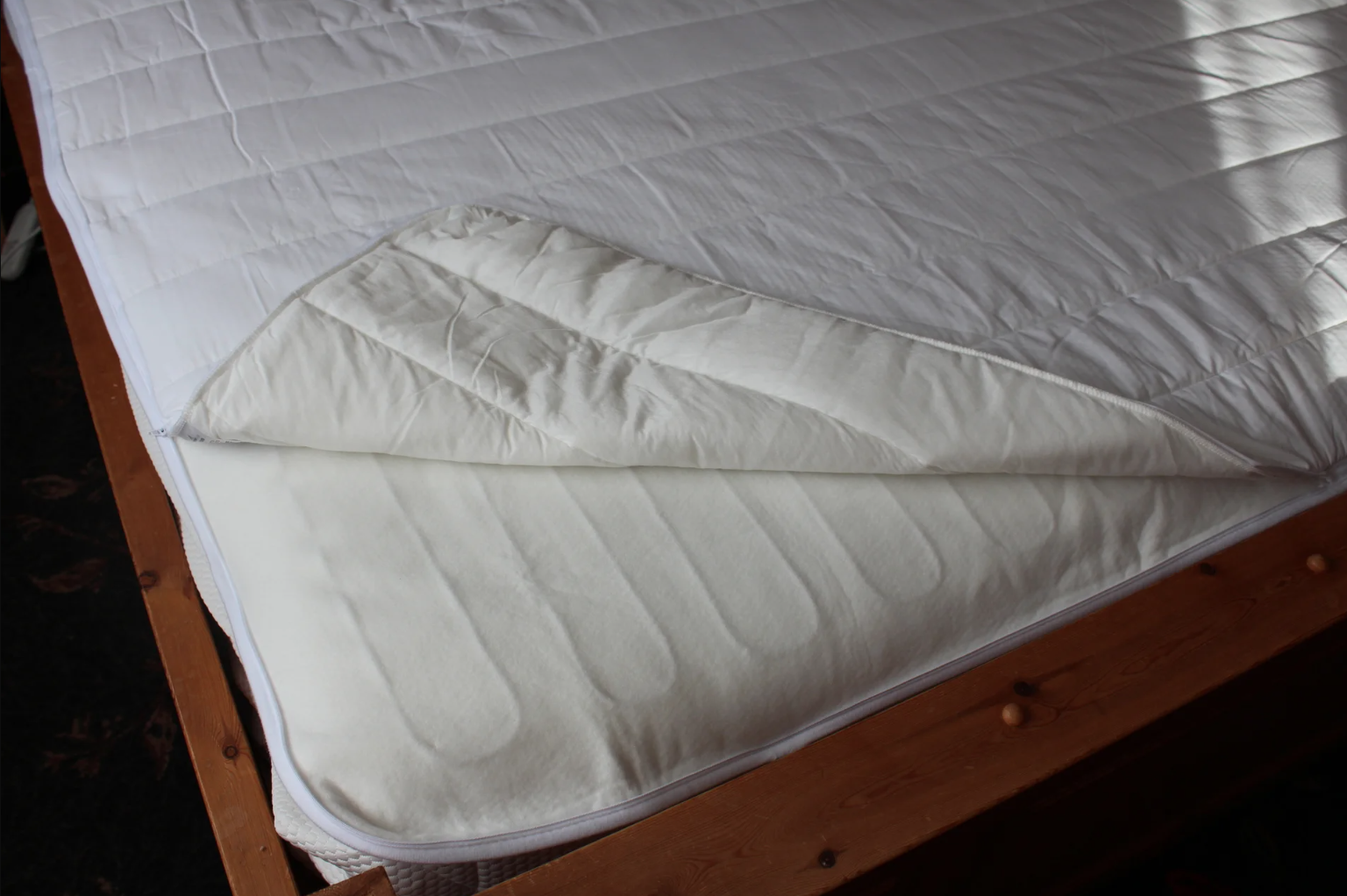
It might seem instinctive when we’re cold to try and warm the environment we’re in, but that’s not always practical. Working in the office means a balance has to be met, and you may not want to add to your heating bill by upping the thermostat. Instead, consider a heating pad or electric blanket – some can plug in to the mains, while others can be microwaved.
Atypical pneumonia

We’ve all heard of pneumonia – an awful illness that seems to take out swathes of people in winter. It can leave you bedbound and utterly wretched. However, you may not be familiar with atypical pneumonia, also known as “walking pneumonia”. It’s not as severe as the standard pneumonia, but it can take up to six weeks to recover from – and that six weeks may leave you feeling persistently cold.
Fybromyalgia

This one sounds particularly nasty – a condition that causes pain all over the body as well as fatigue, memory problems and difficulty sleeping (no kidding!). The cause is unknown, but what is known is that sufferers of fibromyalgia experience feelings of coldness as the nervous system slows down pain signals and therefore the body’s natural response to cold.
Beta blockers

Beta blockers are great for those of us who need improved blood flow and/or lower blood pressure. So it’s rather ironic that something you might be taking to help improve your BP and the flow of blood round your body can actually make your hands and feet feel constantly cold. Thick socks at the ready.
Folic acid deficiency
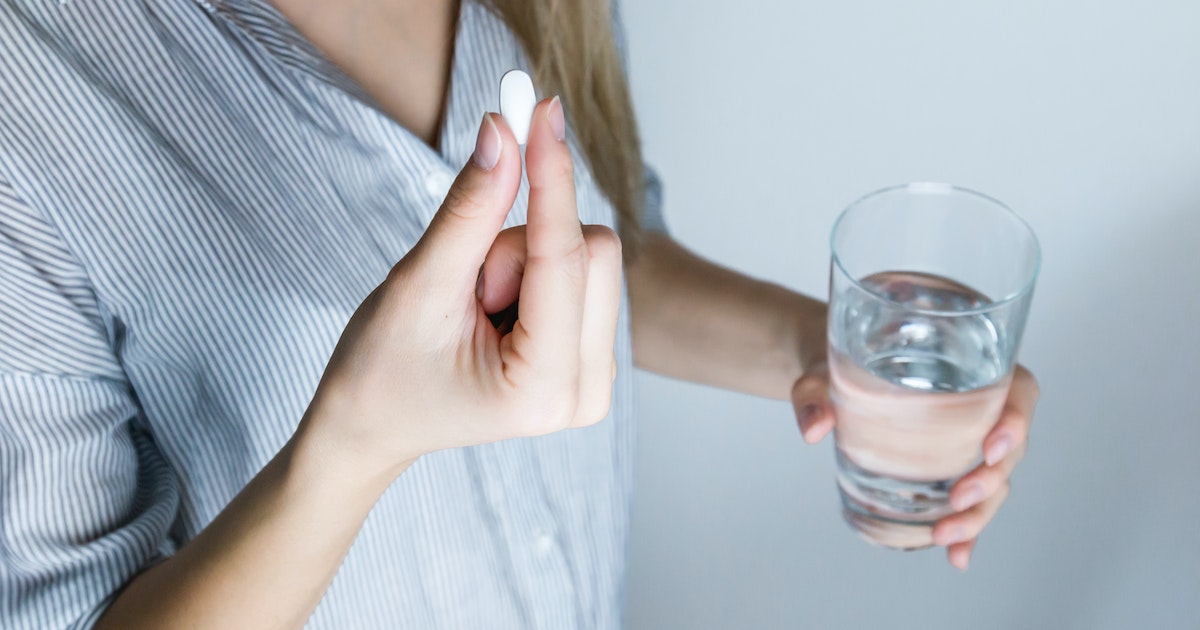
If you’re not eating enough folate-rich foods, you might well find yourself feeling cold. Folic acid is required in the production of healthy red blood cells, which carries heat around your body via your blood. If you don’t eat many leafy green veggies, eggs, whole grains or seafood, you might be folate-poor. You can consider a supplement, although best to consult your doctor before adding supplements to your diet.
Sickle cell anemia
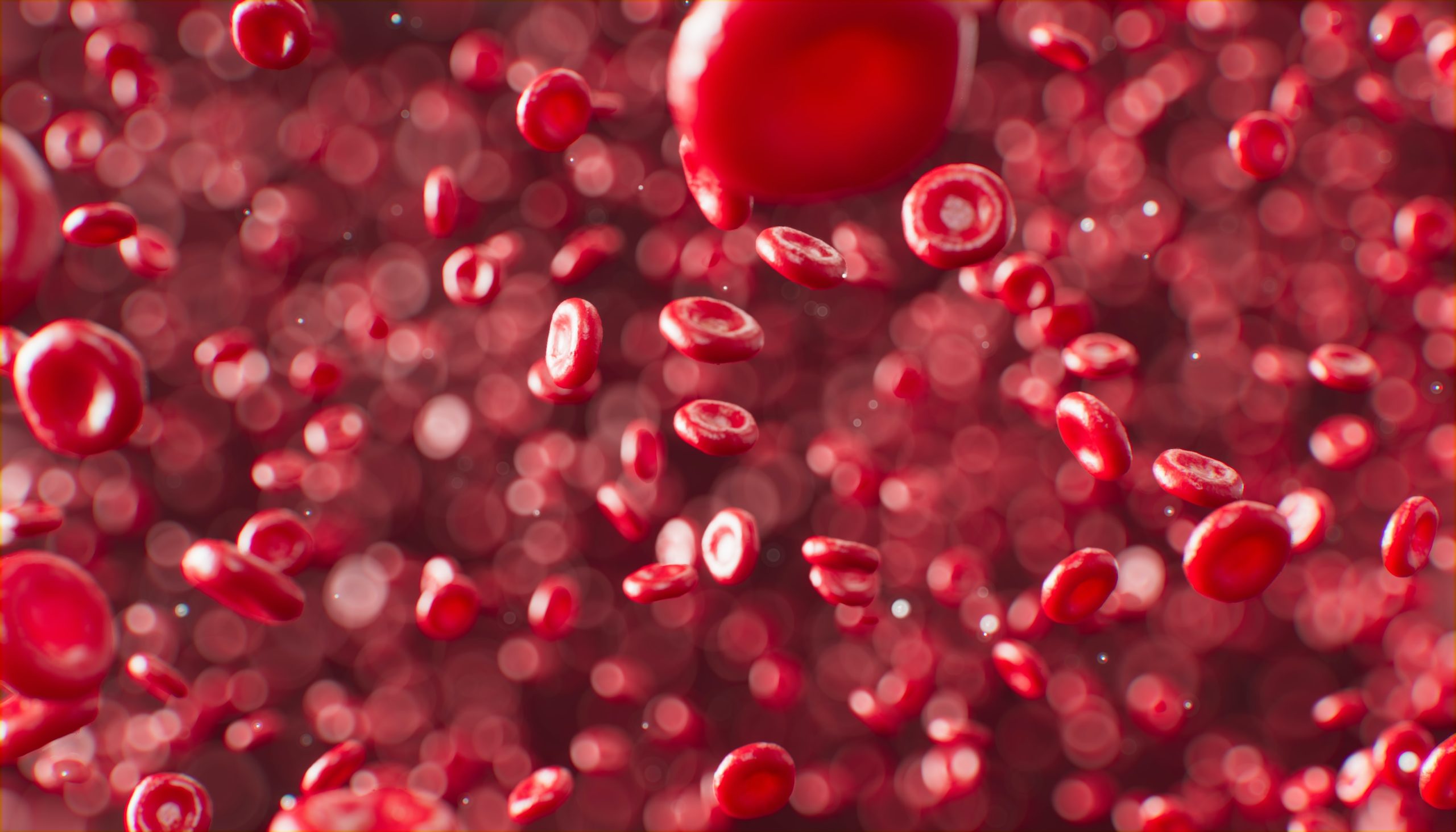
This is an illness that affects the shape of red blood cells, which in turn affects your blood flow and so can leave you feeling cold (amongst other issues). Although more common in certain ethnic groups such as African Americans and Hispanic Americans, it isn’t exclusive to those groups. It isn’t currently curable as it’s a genetic condition, but treatments are available.
Skipping a meal

It really could be as simple as passing up on breakfast – or any other meal. If you don’t make time for your three square meals (as common parlance puts it), your body will choose to conserve energy, so you’ll feel cold. It’s pretty straightforward – for example, even a banana for breakfast is better than nothing.
Blood clotting disorders

Much like sickle cell anemia in that it affect how your blood behaves, a blood clotting disorder can make you feel persistently cold. The successful movement of healthy blood around your body is a big factor in thermoregulation, and if you have a condition that affects how well your blood clots, that could leave you with a constant sense of being cold.
No double glazing

While feeling permanently cold may well be a health issue, it’s possible that the environment you’re in might be a cause. The places we live and occupy are expected to meet certain standards, but if you don’t have double glazing or a well-fitted front door, your home might be really drafty. It might be that you need to insulate your home better.
Aplastic anemia
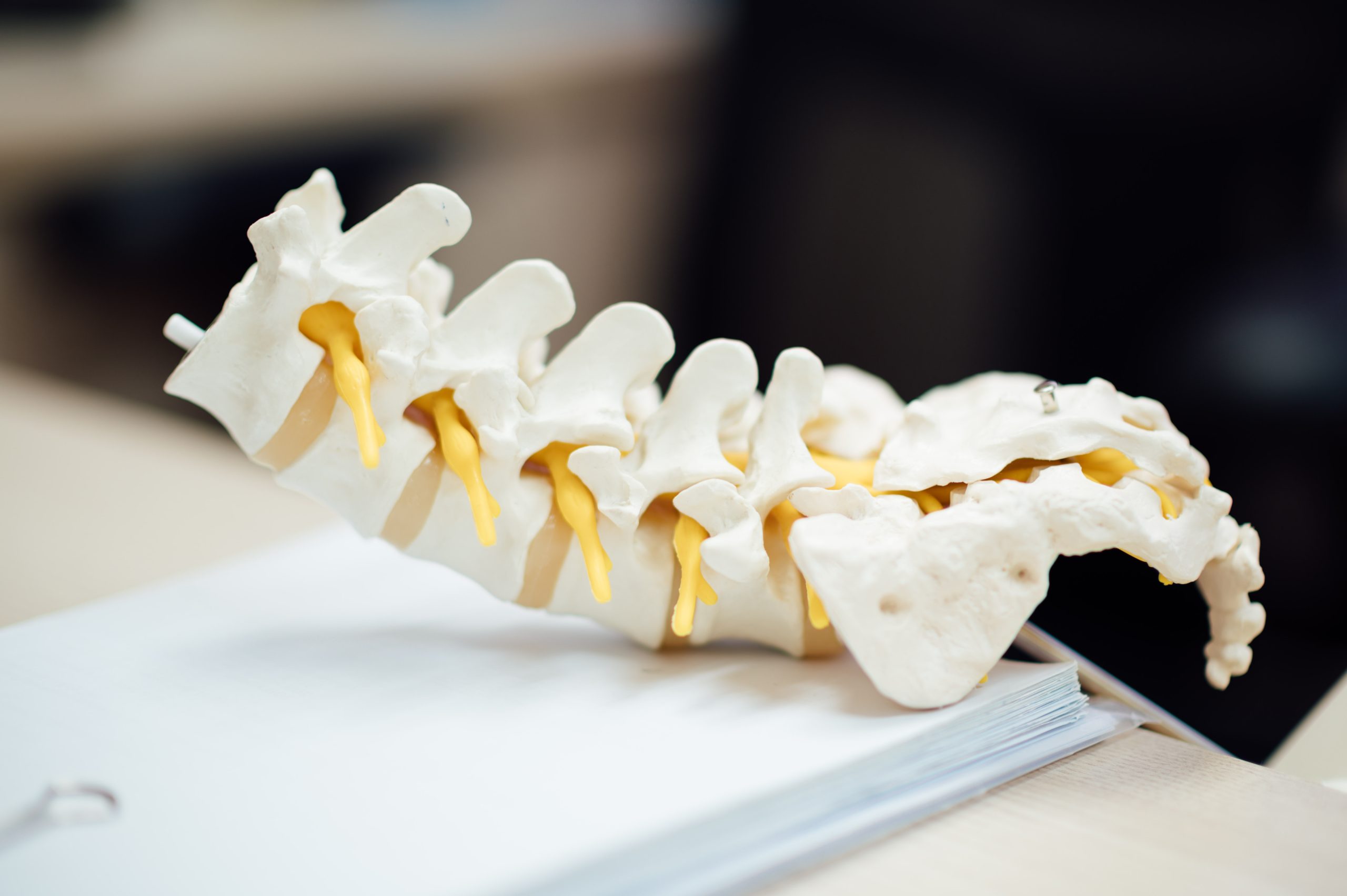
It’s easy to think of anemia as not eating enough iron-rich foods. That is a kind of anemia, but not the only one. Aplastic anemia comes from the bone marrow not making enough new red and white blood cells or platelets. It is more often diagnosed in children and young adults, but not exclusively. Symptoms can vary, but persistent coldness is one of them, due to the low levels of healthy red blood cells.
Hormonal contraceptives
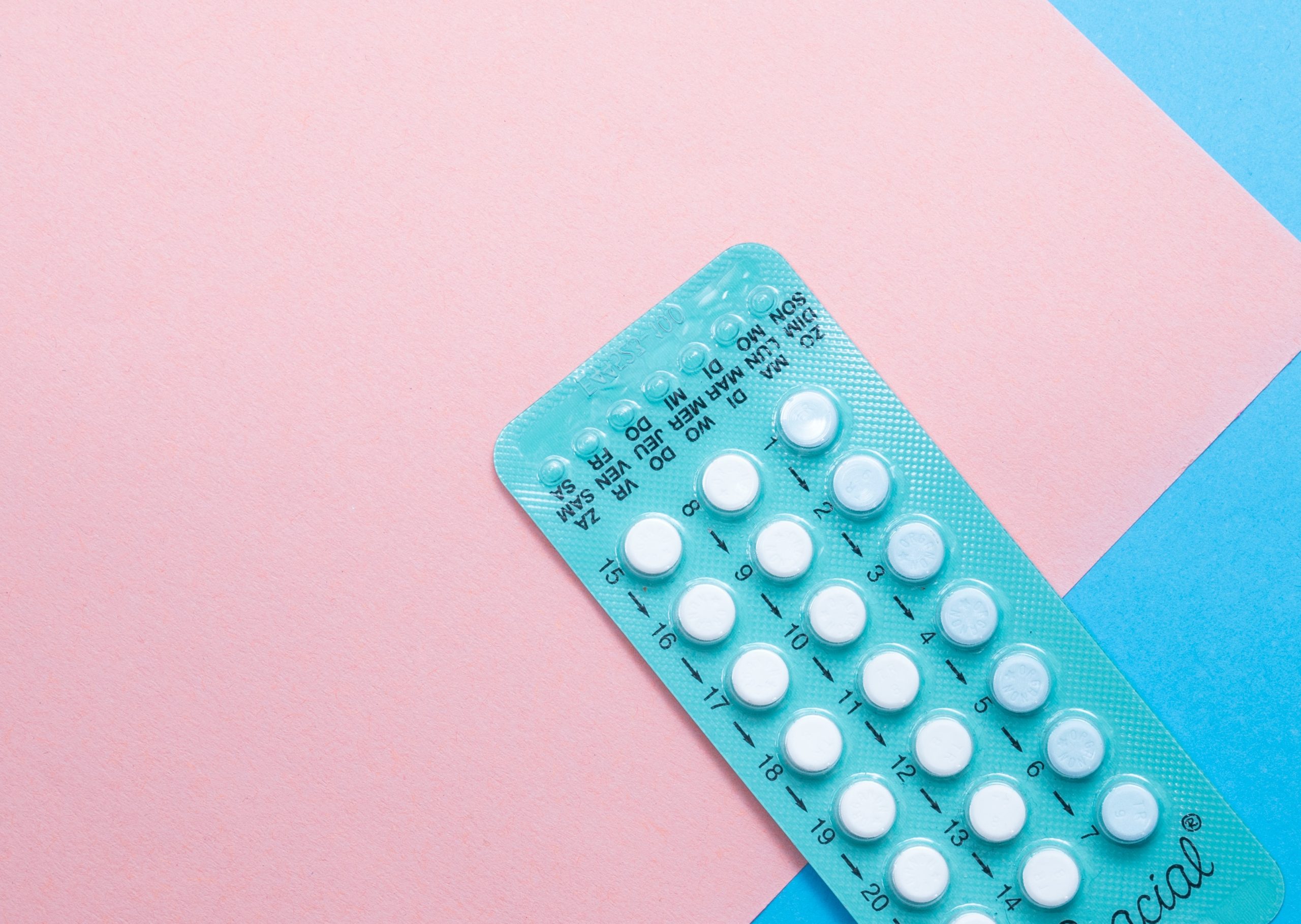
It might seem a small price to pay, but if you’re one of the many women who has or takes a hormonal contraceptive, you may find feeling cold is a side effect. Hormonal contraceptives may be used to treat endometriosis as well as preventing unwanted pregnancies, and both are valid reasons for their use. If you find that being more sensitive to the cold is that bad, consider other options (see your doctor – or put on another layer).
Peri-menopause

The menopause is the phase of life where the reproductive cycle stops. What may not be so well known is the phase that comes before the full menopause, called the peri-menopause. This is where periods become less frequent and less predictable, and with the sporadic drops in estrogen come sudden fluctuations in body temperature. For those in their 40s approaching menopause, this could be what makes them feel cold all the time.
Sleep apnea
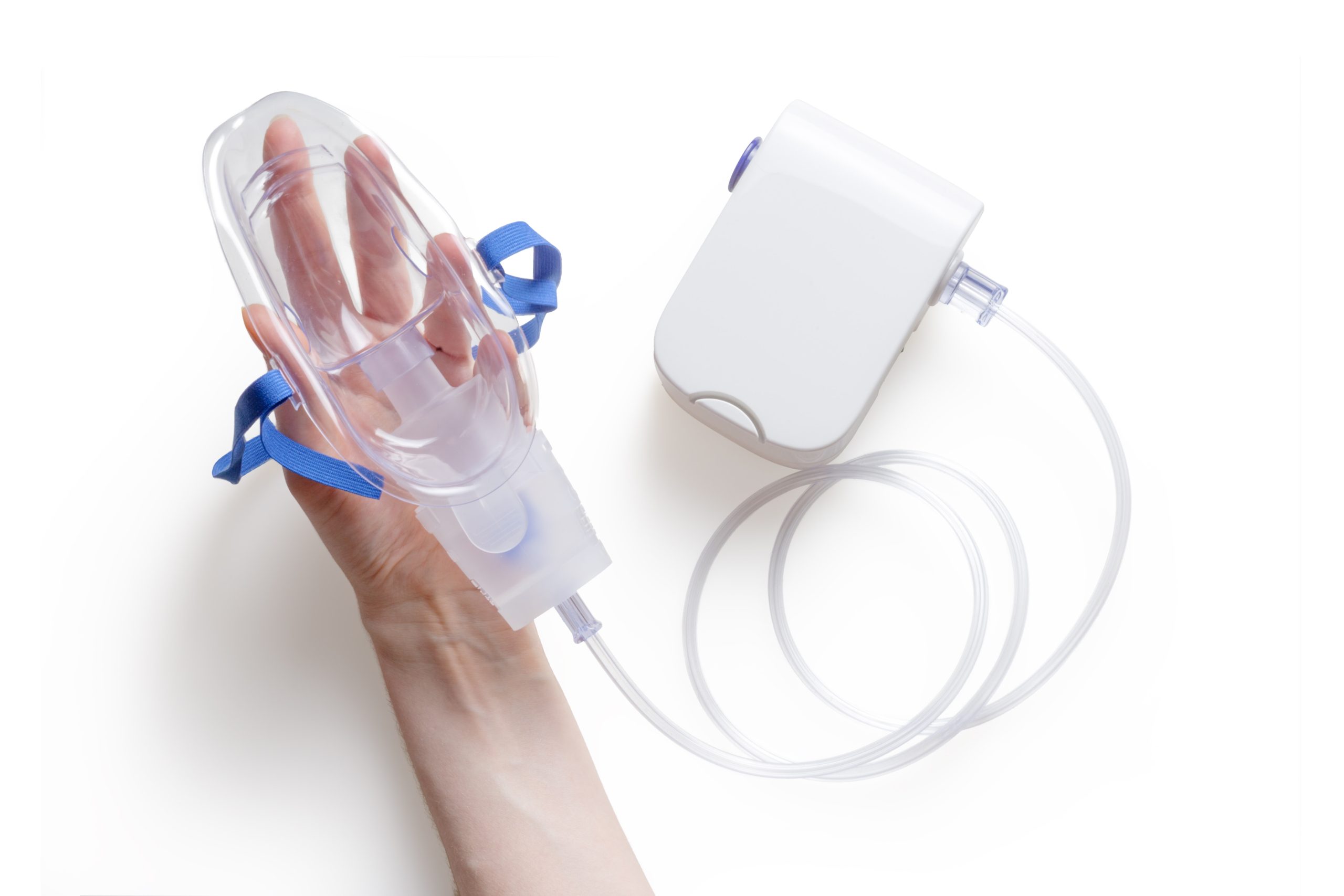
Quite an extreme case, you might think – sleep apnea being when you stop and then start breathing while you’re asleep. The sufferer may not wake fully, but the quality of sleep will be affected. This in turn can make someone with sleep apnea feel cold constantly, as the broken sleep affects their wellbeing.
Postprandial syndrome

It sounds complex, but this one is basically when you get the shivers after eating a meal. The sensation of feeling cold is prompted by an increase in sympathetic nervous activity after you’ve eaten, and while it doesn’t affect everyone, it’s not uncommon. Less worrying than some of the potential medical conditions characterized by feeling cold all the time, that’s for sure.
Fighting off an infection
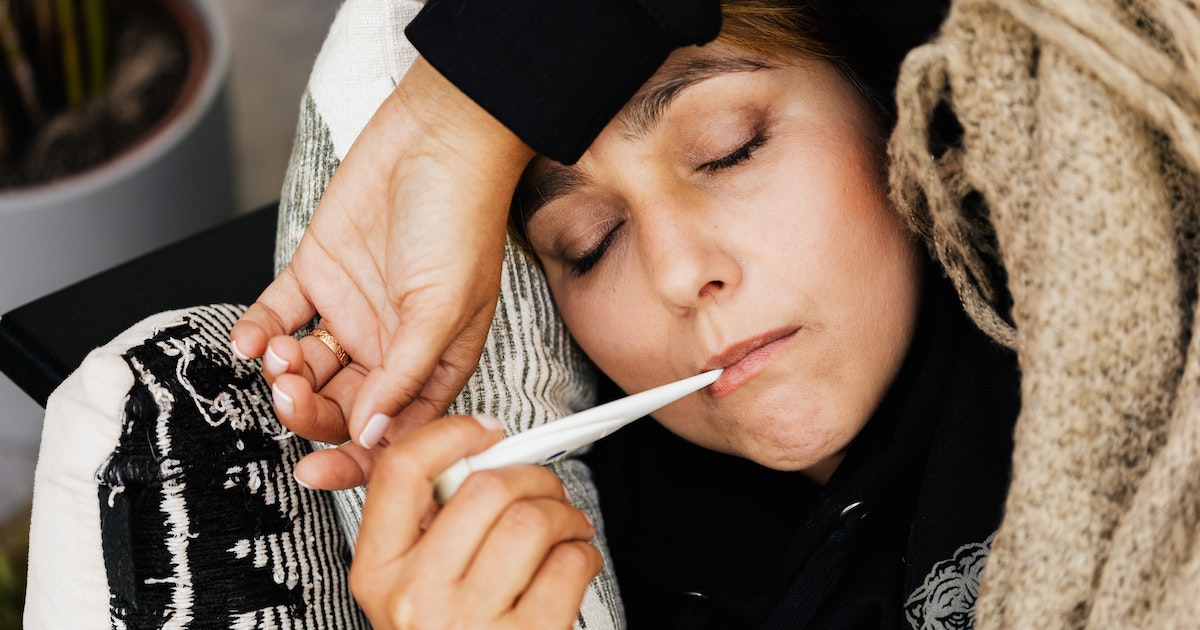
If you’ve been exposed to a virus, such as the common cold or even Covid, your body may try to shut it down early with an “internal fever”. This can come on before a genuine full fever emerges, and it can leave you feeling inexplicably cold and shivery but without the high temperature characteristic of a genuine fever. It’s your body trying to get ahead of the game, basically.
Low blood sugar

Even if you’re super healthy and you eat a regular, well-balanced diet, you can still find yourself succumbing to low blood sugar every so often. If you find that despite your routine meals, you often feel cold mid-afternoon, that could be a drop in your blood sugar. Tuck into a handful of dried fruit or a few squares of dark chocolate (or something else to bolster your blood sugar levels).